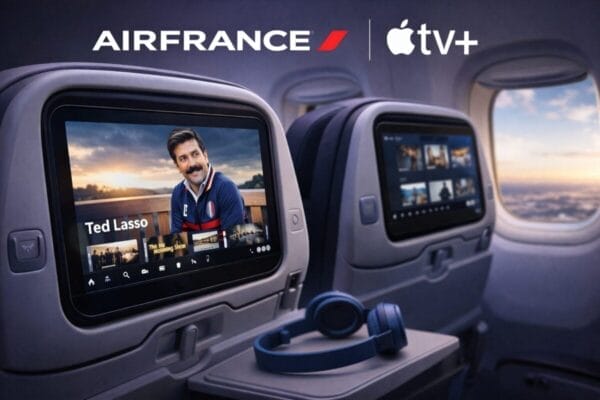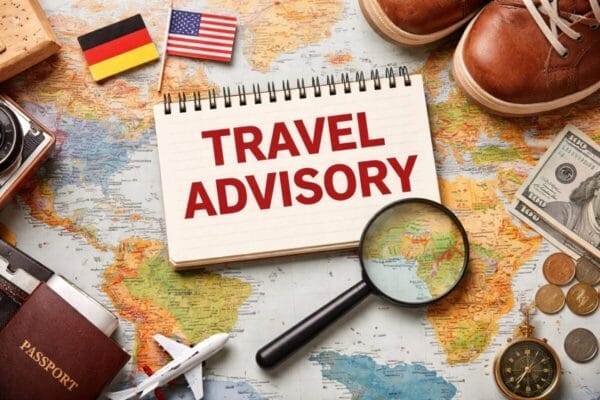In a major industry shift, Southwest Airlines has announced that, starting January 27, 2026, passengers who cannot fit comfortably within one seat will be required to purchase a second seat. The new policy, which mirrors rules already in place at American Airlines, Delta, United, and easyJet, marks the end of Southwest’s long-standing reputation for customer flexibility and inclusivity.
This decision represents a growing trend in the airline industry to enforce strict size and safety compliance, sparking debate among passengers, advocacy groups, and frequent flyers worldwide.
The End of a Unique Era for Southwest
For years, Southwest Airlines was celebrated for its “Customer of Size” policy, allowing plus-size travelers to request an additional seat at no extra cost, with refunds often provided if flights were not full. The approach made Southwest a preferred airline for passengers seeking comfort and dignity during their journey.
That era is now ending. Under the new rules, passengers whose body size encroaches on neighboring seats, prevents the armrest from lowering, or requires a seatbelt extender will have to book and pay for a second seat in advance. If the additional seat is not reserved before travel, the airline will charge for the extra seat at the airport. Refunds will only be issued in rare cases where the flight is not full and strict conditions are met.
American Airlines: The Longstanding Enforcer
American Airlines has enforced a double-seat policy for years. Travelers unable to fasten a seatbelt with one extender or lower the armrests must pay for an additional seat, regardless of whether the flight is fully booked. Refunds are uncommon, and the cost of the second ticket matches the fare of the original booking.
American Airlines maintains that the policy prioritizes safety and comfort, ensuring that all passengers are seated securely and aisles remain unobstructed.
Delta Air Lines: Strict and Uncompromising
Delta Air Lines is known for its firm stance on space and safety. If a passenger cannot sit with the armrest lowered or if their size affects the adjacent seat, they must purchase a second seat.
Refunds, while occasionally granted, are rare, and passengers are encouraged to plan their travel well in advance. Delta emphasizes that the policy ensures compliance with safety regulations and promotes comfort for all passengers, though critics argue it places an unfair financial burden on plus-size travelers.
United Airlines: A Tough Approach
United Airlines enforces one of the strictest plus-size seating policies in the industry. Passengers who cannot comfortably fit in a single seat are required to buy another. If no additional seat is available, travelers may be rebooked on a later flight, but refunds are seldom granted.
This approach has been criticized as inflexible and profit-driven, but United maintains that the policy is necessary for safety, operational efficiency, and fairness to neighboring passengers.
easyJet: Europe’s Budget Carrier Follows Suit
Across the Atlantic, UK-based easyJet has enforced a similar rule for years. Passengers who cannot sit within the boundaries of a single seat are required to purchase additional seats to ensure safe and comfortable travel.
While enforcement can vary slightly by crew and operational conditions, the underlying principle remains the same: each passenger must pay for the space they occupy. Refunds are not standard, and the airline has defended the policy as fair to all travelers while maintaining compliance with safety standards.
Rising Costs for Plus-Size Travelers
With Southwest now joining the ranks of airlines enforcing double-seat policies, plus-size travelers face significant cost increases. The extra seat must be purchased at the same price as the original ticket—no discounts or bundled fares apply.
This change removes one of Southwest’s key competitive advantages, effectively aligning it with competitors in both the U.S. and European markets. For passengers who once viewed Southwest as a more inclusive airline, the shift represents a profound change in customer experience.
Why Airlines Are Making the Change
Industry experts point to several driving factors behind this policy alignment:
- Safety Compliance – Ensuring seatbelts fit properly, armrests lower, and aisles remain unobstructed in case of emergency.
- Space and Comfort – Managing shrinking seat sizes in modern aircraft while balancing passenger comfort.
- Operational Efficiency – Streamlining boarding and reducing disputes during flights.
- Revenue Pressures – Airlines are increasingly monetizing space as operational costs rise and competition intensifies.
Southwest’s shift follows a year of sweeping policy changes, including the removal of its “bags fly free” perk and the introduction of assigned seating, signaling a broader strategic pivot toward revenue generation.
Passenger Reactions: Divided Opinions
The announcement has sparked heated debate among passengers and advocacy groups. Supporters argue that the move ensures fairness for all travelers and addresses legitimate safety concerns. Critics, however, view the change as discriminatory and profit-driven, highlighting the physical and emotional challenges plus-size travelers already face when flying.
Social media platforms have become a battleground of opinions, with some travelers pledging to seek alternative airlines—though options are limited, as nearly every major carrier now enforces similar rules.
The Future of Air Travel
As the new policy takes effect in January 2026, the skies may feel less accommodating for plus-size travelers. With refunds restricted and policies tightening, calls for more inclusive solutions—such as wider seating options, tiered pricing models, or cabin redesigns—are growing louder.
For now, passengers will need to plan ahead, budget for additional costs, and navigate a travel landscape increasingly shaped by revenue optimization and safety compliance.
Bottom Line
The alignment of Southwest Airlines with industry giants like American, Delta, United, and easyJet signals the end of an era of flexibility for plus-size travelers. As airlines prioritize safety, fairness, and profitability, the cost of flying is set to rise for many passengers.
For travelers impacted by the change, preparation and awareness will be essential. The skies remain open—but for some, the experience of flying will never feel quite the same again.
For more travel news like this, keep reading Global Travel Wire


















